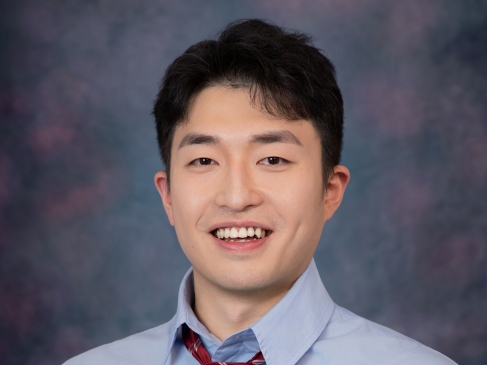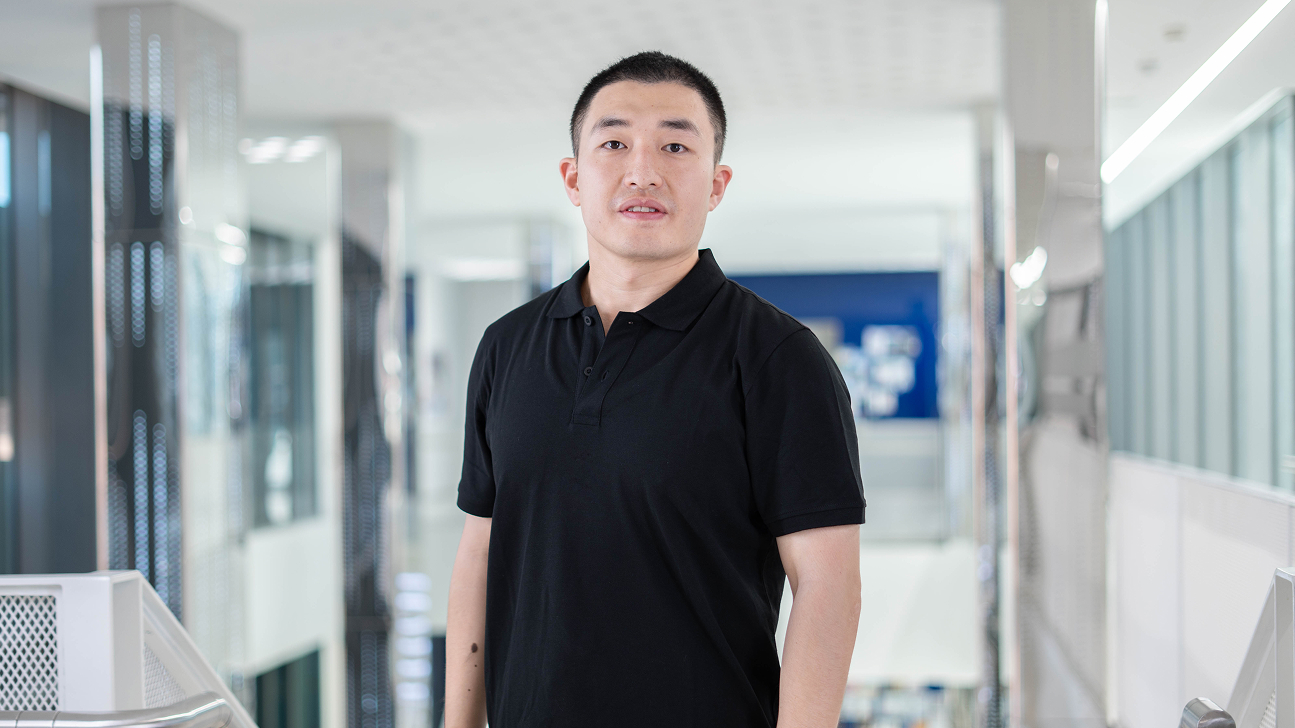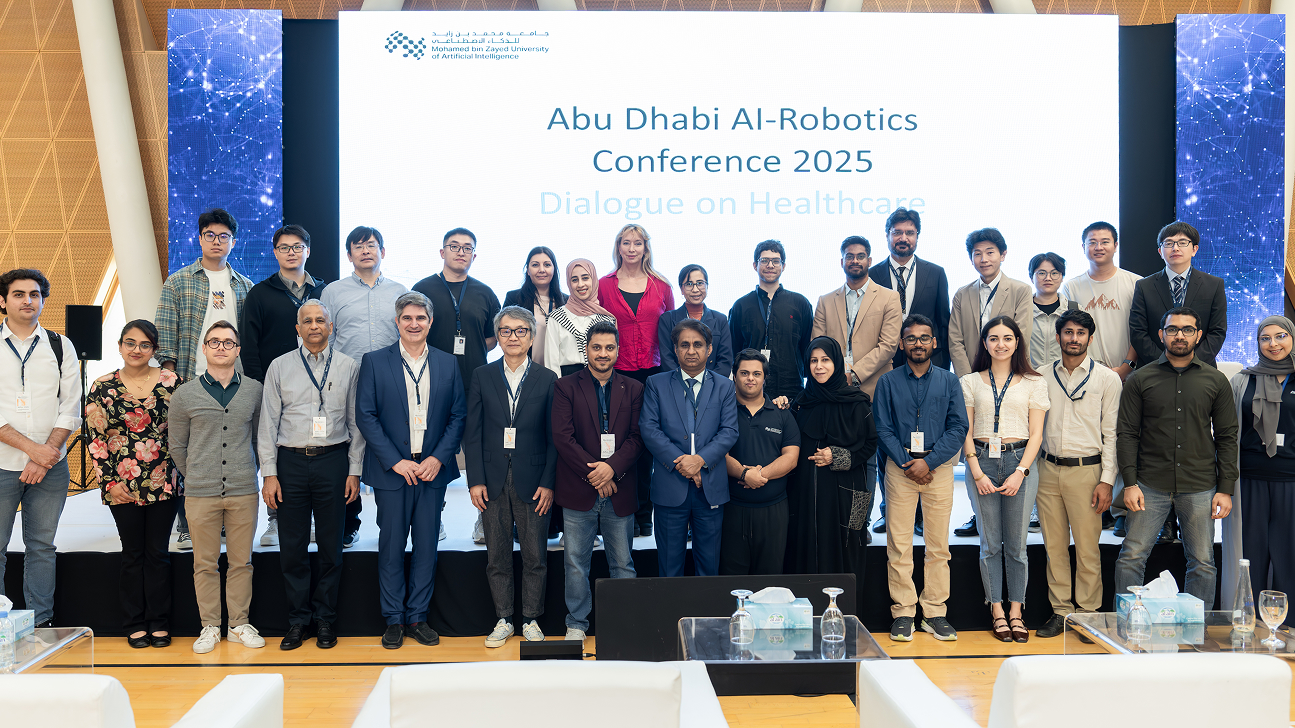Ke Wu
Visiting Assistant Professor of Robotics
Research Interests
Professor Wu’s research focuses on bio-inspired robots, continuum robots, and soft robots, which are typically underactuated, highly redundant, history-dependent, and characterized by complex, time-varying, non-differentiable dynamics. His research addresses the full spectrum of autonomy for such systems, ranging from physics-based modeling, control, and perception to motion planning, and further to high-level task planning.
Methodologically, his work combines physics-based modeling with data-driven robot learning, with a particular emphasis on physics-informed imitation learning and reinforcement learning. Through these approaches, Professor Wu’s research seeks to advance the integration of artificial intelligence with the mechanical intelligence embodied in such robotic systems, while also contributing to the broader convergence of physics-based and data-driven approaches across robotics research. This vision aims to advance both robotics and AI, addressing fundamental challenges and enabling transformative real-world applications.
Email
Prior to joining MBZUAI, Professor Wu completed his master’s studies under the supervision of Dr. Donal Holland, founder of the renowned Soft Robotics Toolkit at Harvard, where he worked on pneumatic artificial muscles (PAMs) for rehabilitation. In 2019, he began his Ph.D. under the supervision of Dr. Gang Zheng with the DEFROST team at INRIA, the primary contributor to the widely used SOFA Framework for modeling in soft robotics.
During his doctoral research, he shifted his focus toward theoretical studies of bio-inspired robots, continuum robots and soft robots, investigating their design, modeling, motion planning and control. From the perspective of applied mathematics and applied physics, this work also opened his path toward combining artificial intelligence with the mechanical intelligence of the studied robotic systems.
Professor Wu has published nearly 40 papers in leading journals and conferences in cutting-edge robotics and classical mechanism and machine theory, including IEEE Trans. Mechatronics (TMech), IEEE Robot. Autom. Lett. (RA-L), IEEE Trans. Syst., Man, Cybern.: Syst. (SMC-S), Mech. Mach. Theory (MMT), Int. J. Mech. Sci. (IJMS), Soft Robotics (SoRo), ASME J. Mech. Robot. (JMR), and Robot. Auton. Syst. (RAS), as well as flagship conferences such as IROS and RoboSoft. He serves as an Associate Editor in soft robotics for ICRA 2025 and ICRA 2026.
- Ph.D. in Robotics, National Institute for Research in Computer Science and Automation (INRIA), France
- Master of Engineering (M.Eng) in Mechanical Engineering, University College Dublin, Ireland
- Master of Engineering (M.Eng) in Mechanical Engineering, Chongqing University, China
- Bachelor of Engineering (B.Eng) in Mechanical Design, Manufacturing, and Automation, Chongqing University, China
- National Government Award for Outstanding Self-financed Students Abroad
- INRIA Research Fellowship
- University College Dublin Global Excellence Scholarship
- Ke Wu, Gang Zheng: “A comprehensive static modeling methodology via beam theory for compliant mechanisms”, Mechanism and Machine Theory, 2022.
- Ke Wu, Gang Zheng: “Theoretical Analysis on Nonlinear Buckling, Post-Buckling of Slender Beams and Bi-Stable Mechanisms”, Journal of Mechanisms and Robotics, 2021.
- Ke Wu; Gang Zheng: “FEM-Based Gain-Scheduling Control of a Soft Trunk Robot”, IEEE Robotics and Automation Letters, 2021.
- Ke Wu, Gang Zheng, Junfeng Zhang: “FEM-based trajectory tracking control of a soft trunk robot, Robotics and Autonomous Systems”, 2022.
- Wenbiao Wang, Xin Wang, Gang Zheng, Rui Chen, Zean Yuan, Jincheng Huang, Ke Wu, Guanjun Bao: “A modular soft pipe-climbing robot with high maneuverability", IEEE/ASME Transactions on Mechatronics, 2024.
Contact faculty affairs
Interested in working with
our renowned faculty?
Fill out the below form and we will get back to you.

